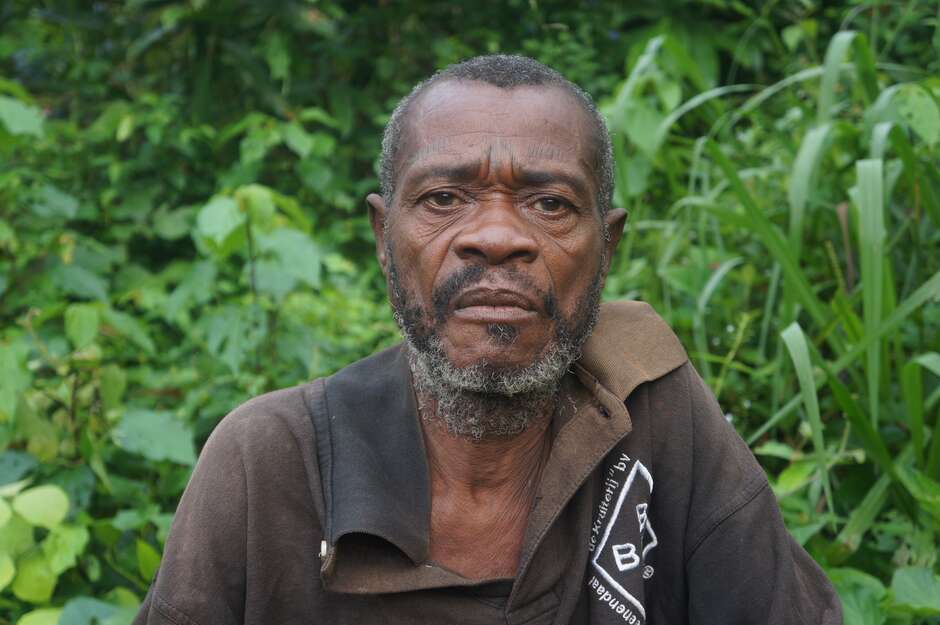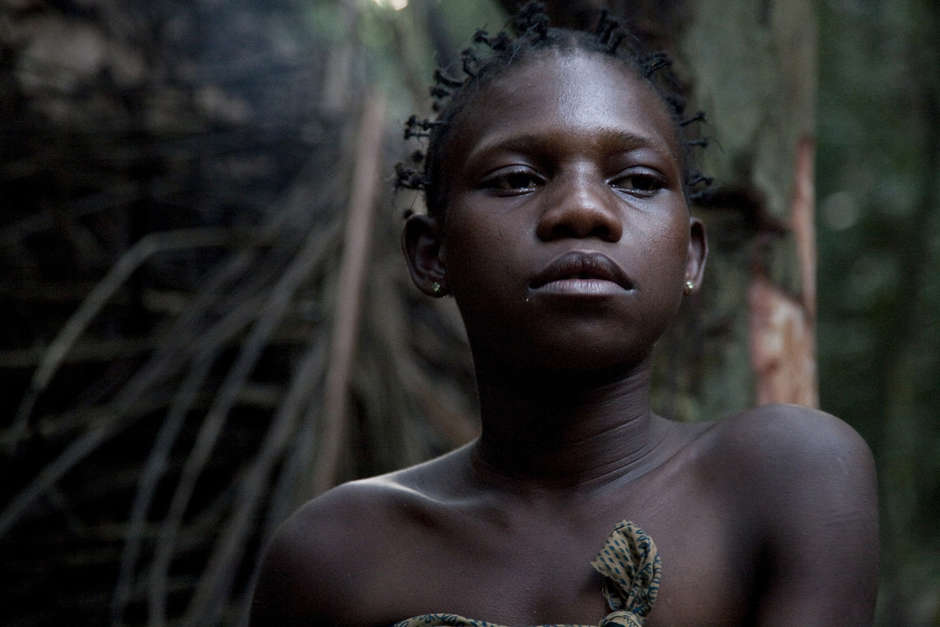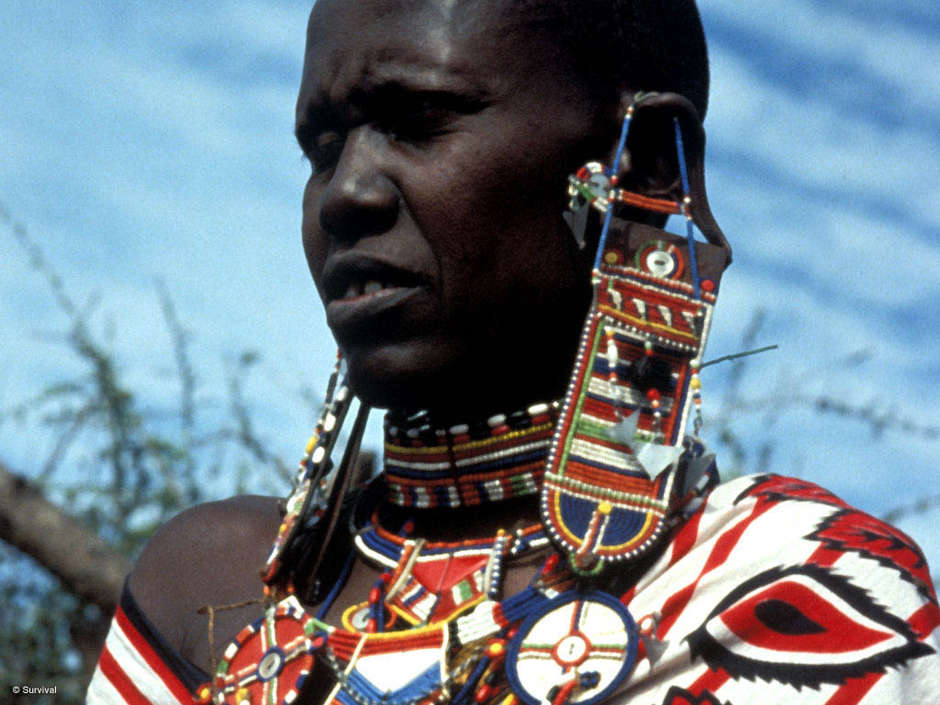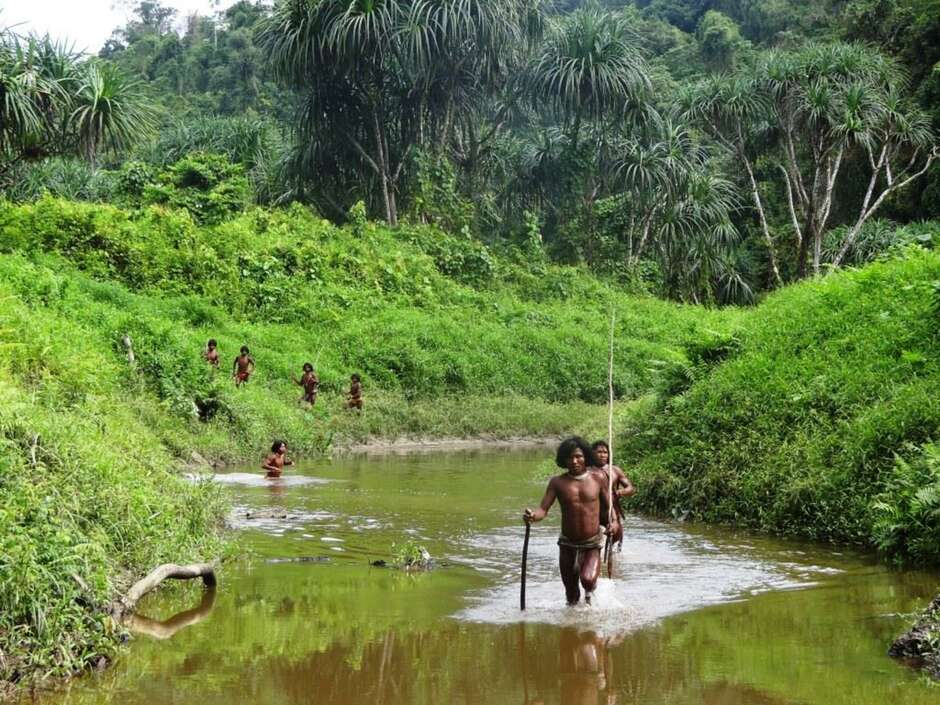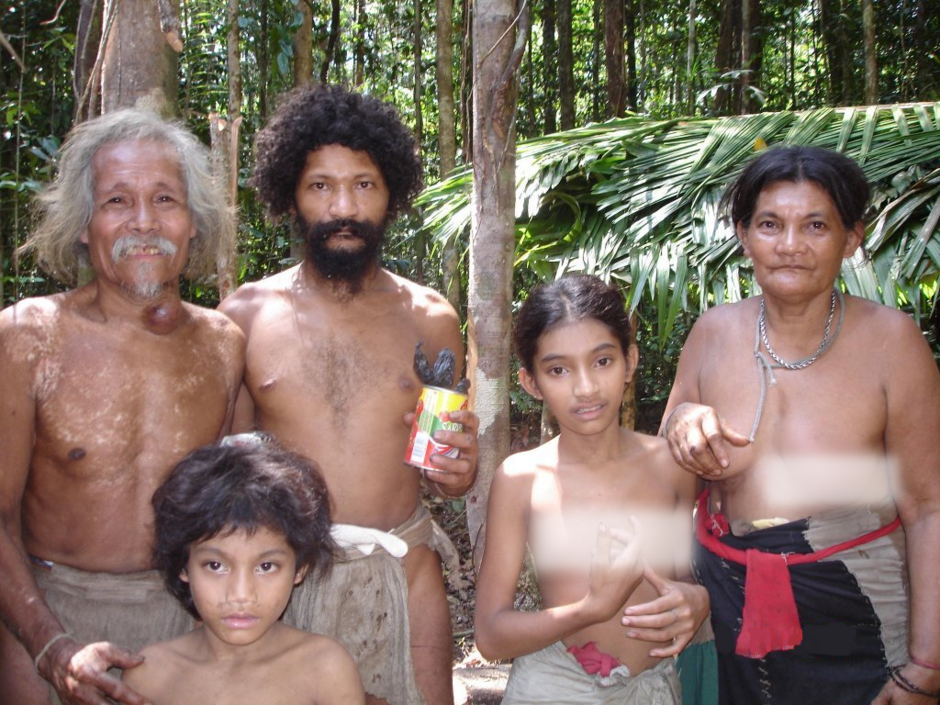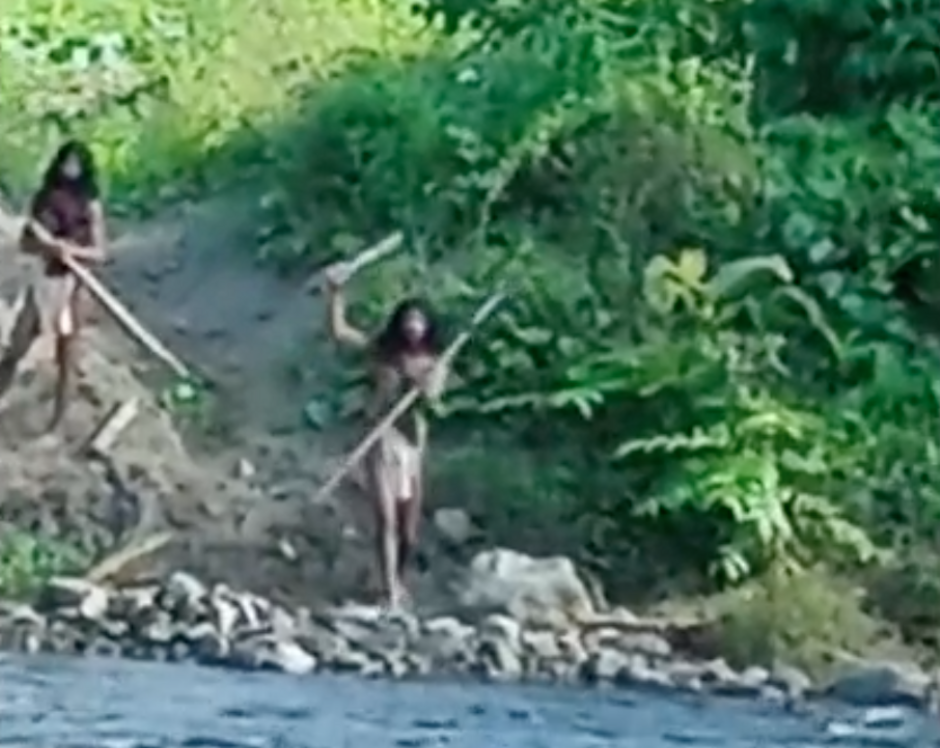Colonial conservation contains the seeds of its own destruction
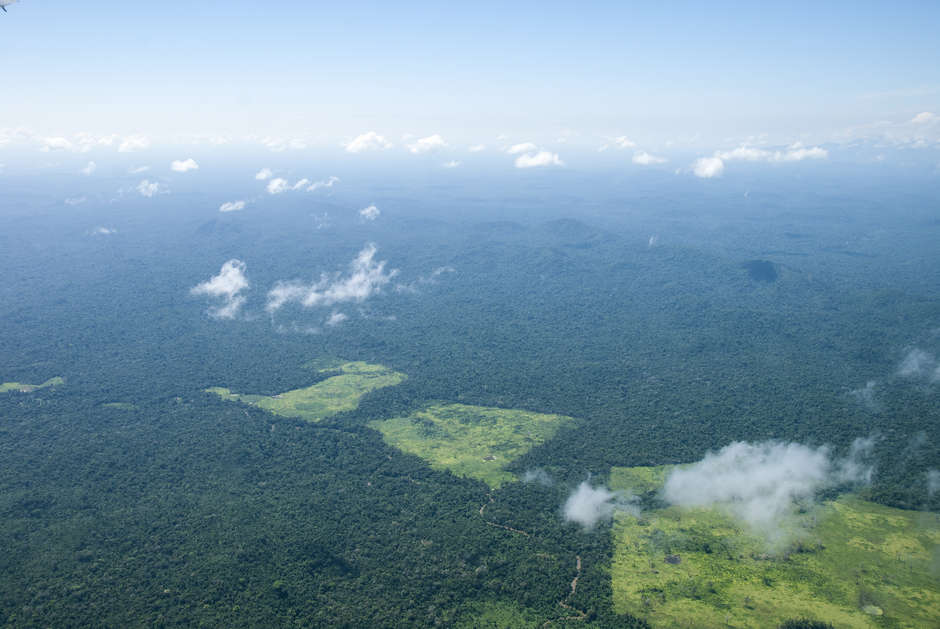
14 September 2018
Colonial conservation is damaging the environment and makes enemies of local and tribal people
“Fortress” or “colonial” conservation damages the environment because it evicts people from land they have been managing expertly for generations. They have shaped it to improve its biodiversity in ways which outsiders usually don’t understand.
Tourist infrastructure is often then built to favor certain species – usually large mammals – at the expense of biodiversity, which suffers. Among many other effects: Crowds of tourist vehicles stress the animals and habituate them to routine human proximity (making poaching easier); attaching tracking devices and moving animals is often lethal; and allowing herbivores to grow without predation can endanger other species, and eventually themselves, as herds grow beyond the ecosystem’s ability to provide enough food.
Other profit-making enterprises, including mining, trophy hunting, logging etc, are often established inside the protected zones. Often, this is with the collusion of big conservation organizations which are funded by these same industries.
The former human inhabitants are mistreated, often severely, if they attempt to enter the area (even for harmless pursuits such as collecting medicinal plants), or even when they don’t. This further alienates them from any interest in seeing their former environment maintained.
Evicted from their land, with their subsistence livelihoods destroyed, they are more easily co-opted or forced by corrupt guards and officials into helping poach for the illegal wildlife trade. Park guards abuse these former inhabitants, despite making money from poaching themselves. The cycle of antagonism grows.
It continues with more and more violence and money needed to keep the original inhabitants out. Yet in many places the local populations are increasing their democratic voice and turning against the colonial model of conservation which contains the seeds of its own destruction. Unless the model changes to prioritize people’s rights, it won’t survive. Protected zones are being set up to fail in Africa, overwhelmed by the same popular opposition that ensured the retreat of colonialism.
The fact that local/tribal/Indigenous people are the best guardians of the environment can no longer be dismissed as “noble savage” fantasy. It’s been proven again and again. Big conservation organizations must start approaching local people humbly and fairly, recognizing their superior knowledge as guardians of their own environments, and offering them resources to keep their own lands under their own control. It would be a far cheaper, far more effective model of conservation and although many organizations now claim they follow this, our research shows that, in fact, they don’t.
Survival’s investigative work depends on your donations. Please help fund our urgent work today.
Follow Director Stephen Corry on Twitter for more.

